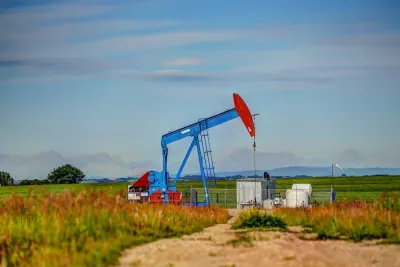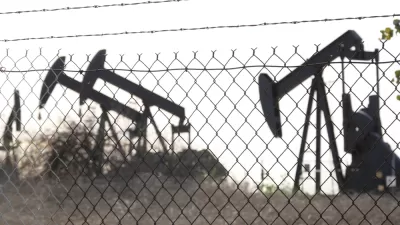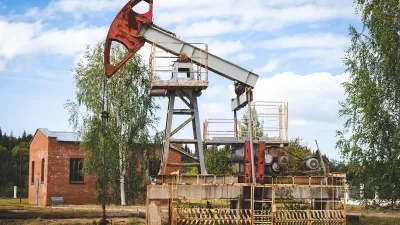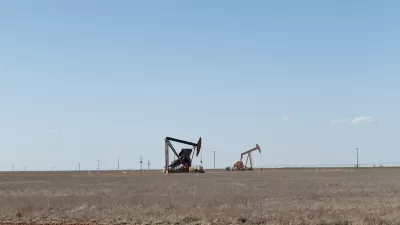Alberta’s upcoming plan to address nearly 80,000 abandoned oil wells has sparked controversy over the potential use of public funds, despite government claims that taxpayers won’t be footing the bill.

Alberta’s government is preparing to release a report detailing its strategy for addressing nearly 80,000 abandoned and inactive oil wells, but the plan is already drawing criticism and concern over the potential use of public funds. As reported by Jim Wilson, the draft report—authored by former oilfield services executive David Yager—proposes the creation of government-owned companies that would extract remaining oil from mature wells and use the profits to fund cleanup. The report also recommends the formation of an industry-funded insurance pool that would be backed by provincial resources, raising fears that taxpayers may ultimately bear the financial burden.
The leaked 71-page draft, dated January 28, 2025, reflects a growing public unease around industry accountability and government oversight. The report acknowledges that “trust has been broken” between the provincial government, the energy industry, landowners, and municipalities. Alberta Premier Danielle Smith has expressed openness to creative cleanup funding strategies, including allowing companies to generate revenue from abandoned wells. However, she also conceded that such wells may not be economically viable and said she is eager to gauge public sentiment on the proposals.
In contrast, Alberta’s Energy Minister Brian Jean has denied any intention of using public funds, stating firmly that “we will not put public tax dollars into cleaning up wells.” The Alberta Energy Regulator (AER) mandates strict protocols for well abandonment under Directive 020, which outlines project planning, subsurface, and surface abandonment procedures designed to protect groundwater and the environment. The disconnect between the minister's statement and the draft plan’s recommendations has intensified public scrutiny, highlighting tensions between economic recovery efforts and environmental responsibility.
FULL STORY: Will Alberta use public funds to clean up abandoned wells?

Alabama: Trump Terminates Settlements for Black Communities Harmed By Raw Sewage
Trump deemed the landmark civil rights agreement “illegal DEI and environmental justice policy.”

Study: Maui’s Plan to Convert Vacation Rentals to Long-Term Housing Could Cause Nearly $1 Billion Economic Loss
The plan would reduce visitor accommodation by 25% resulting in 1,900 jobs lost.

Planetizen Federal Action Tracker
A weekly monitor of how Trump’s orders and actions are impacting planners and planning in America.

Waymo Gets Permission to Map SF’s Market Street
If allowed to operate on the traffic-restricted street, Waymo’s autonomous taxis would have a leg up over ride-hailing competitors — and counter the city’s efforts to grow bike and pedestrian on the thoroughfare.

Parklet Symposium Highlights the Success of Shared Spaces
Parklets got a boost during the Covid-19 pandemic, when the concept was translated to outdoor dining programs that offered restaurants a lifeline during the shutdown.

Federal Homelessness Agency Places Entire Staff on Leave
The U.S. Interagency Council on Homelessness is the only federal agency dedicated to preventing and ending homelessness.
Urban Design for Planners 1: Software Tools
This six-course series explores essential urban design concepts using open source software and equips planners with the tools they need to participate fully in the urban design process.
Planning for Universal Design
Learn the tools for implementing Universal Design in planning regulations.
Caltrans
Smith Gee Studio
Institute for Housing and Urban Development Studies (IHS)
City of Grandview
Harvard GSD Executive Education
Toledo-Lucas County Plan Commissions
Salt Lake City
NYU Wagner Graduate School of Public Service





























